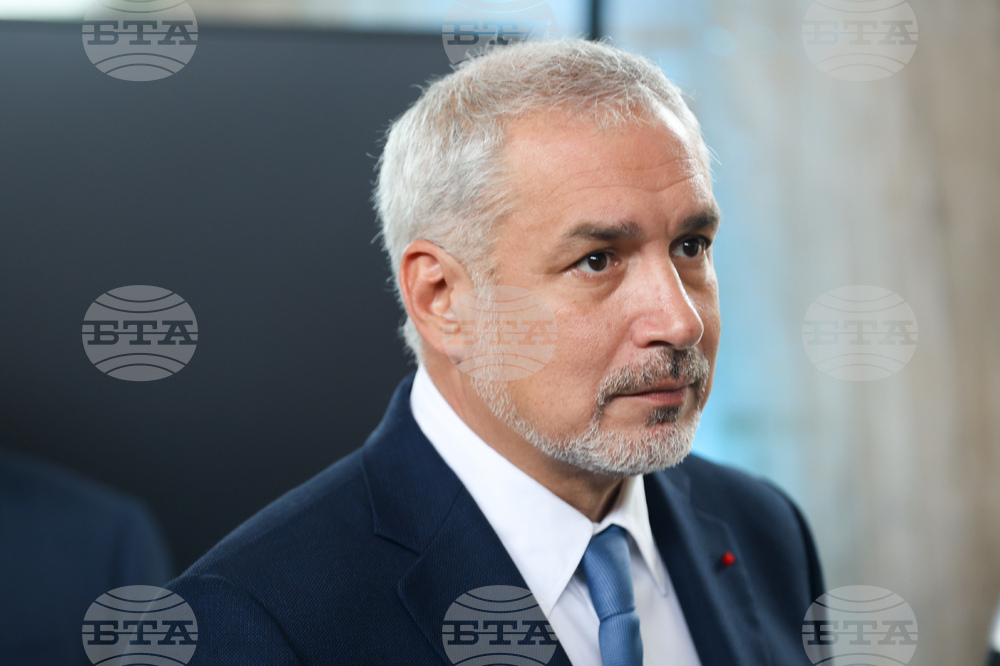site.btaUNESCO Cultural Chief Ottone Urges Promoting Paris as Catalyst for Peace, Guardian of Shared Heritage


Paris should continue to be promoted as a catalyst for trust and peace, a driver of sustainable development and, above all, the guardian of the common heritage all nations share, UNESCO Assistant Director-General for Culture Ernesto Ottone said Monday. He spoke on the first day of the 47th session of the UNESCO World Heritage Committee.
“Never before have so many state of conservation reports been examined during a single session — we’re talking about nearly 250 reports,” Ottone said. He added that these numbers speak volumes about the vitality of the Convention and the active dialogue between UNESCO and those responsible for heritage worldwide.
He spoke on the first day of the 47th session of the UNESCO World Heritage Committee. In his words, these numbers speak volumes about the vitality of our Convention and the active dialogue between UNESCO and those responsible for heritage around the world.
He said significant progress had been achieved after the Convention was ratified by a small island developing state following the session in Nauru, making it the most widely ratified convention of UNESCO. Four new African sites have been proposed for inscription, including first-time nominations from Guinea and Sierra Leone, while three African sites in Madagascar, Ethiopia and Libya have been recommended for removal from the List of World Heritage in Danger, a sign of the active involvement of local communities and the commitment of the respective states, even though some challenges remain.
The session also marks the launch of a new digital submission platform, which Ottone said demonstrates UNESCO’s determination to modernize.
Platforms dedicated to intangible cultural heritage, due to be presented on Tuesday, will allow the wider public to explore World Heritage online. UNESCO is also upgrading its scientific data platform for natural heritage, integrating satellite and geospatial data to improve both immediate and long-term monitoring of sites, he noted.
The 47th session of the UNESCO World Heritage Committee runs until July 16 at UNESCO’s headquarters in Paris under the presidency of Bulgaria. As part of the session, Bulgaria will present elements of its cultural and natural heritage. Later Monday, the July issue of LIK magazine – dedicated to Bulgaria and UNESCO – will also be officially presented at UNESCO.
The United Nations Educational, Scientific and Cultural Organization (UNESCO) was founded on November 16, 1945. Bulgaria became a member on May 17, 1956, the same year its National Commission for UNESCO was established. The Commission coordinates activities between Bulgarian institutions and UNESCO.
UNESCO’s World Heritage Committee is one of the two governing bodies responsible for implementing the Convention concerning the Protection of the World Cultural and Natural Heritage. It is composed of representatives from 21 countries elected from among the 196 States Parties to the Convention.
/RY/
Additional
news.modal.image.header
news.modal.image.text
news.modal.download.header
news.modal.download.text
news.modal.header
news.modal.text










